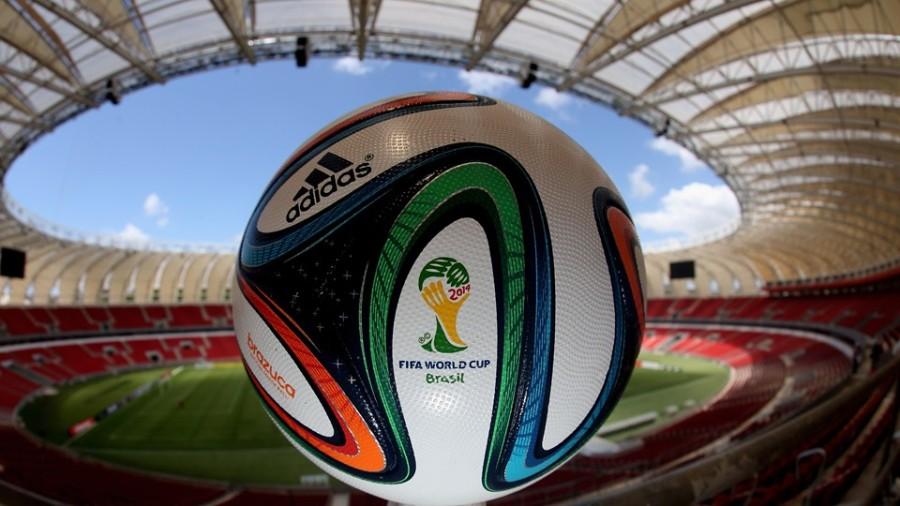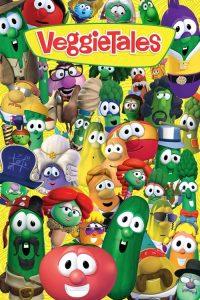The world’s game still looking to find its place in North America
July 1, 2014
Every four years, we get arguably the greatest sporting event of the year: a month long tournament encompassing 32 teams that spend two years playing in qualification games around the world in order to reach the biggest stage, the FIFA World Cup.
Now, the World Cup may not seem like a big deal to some of you and I get it. Soccer just isn’t that big here in the United States, but make no mistake, the World Cup is bigger than the Olympics, and soccer is bigger than you think in the U.S.
It seems like being a soccer fan in America is like being a fan of the underground punk scene, it’s a thing only “hipsters” discuss while enjoying some kind of sophisticated coffee at their local café. But the times have changed and soccer is set to make a charge into the mainstream more often then once every four years.
Here in the U.S., our sports are largely dominated by the “big four” of baseball, basketball, football and hockey, while soccer is simply that game you play as a little kid. Elsewhere in the world though, soccer is king, soccer is religion and soccer is life.
Seems like all hyperbole, right?
Well it’s the truth. If you go to Brazil, Nigeria, Italy, France or Germany, you’ll see that the way we care about our football doesn’t rival the passion those countries have for fútbol.
I’ve often heard the criticisms of soccer, and to an extent, the hatred that some people hurl toward the world’s sport, and to those people, I refer you to the facts.
Soccer is the fastest growing sport in the country and dare I say it, it is the future of American sports. Consider this: At a professional level, Major League Soccer is on par with the NBA and NHL in average attendance and its T.V. ratings have grown exponentially over the past few years. NBC is paying over $250 million for the rights to broadcast the Barclays Premier League, which has led to NBC Sports Network seeing a 60% increase in viewership.
At the youth level, soccer is growing up to the levels of football, baseball and basketball, and with the growing injury concerns associated with football, soccer could potentially see more growth.
The Ghana-USA match on ESPN had 11 million viewers, another 1.4 million watching on ESPN’s WatchESPN app, and another 4.8 million viewers watching the Spanish broadcast on Univision. Additionally, those figures don’t account for all the people who viewed it together at watch parties.
Now that I’ve bored you with the stats, you can throw the common excuses such as, “It’s boring and there isn’t enough scoring,” “It’s too slow,” or “The MLS is awful,” in my direction, but I’ve heard it all. My love for soccer began in 2006 when Italy made its run to the championship and since then, I’ve watched the game nonstop and can answer all of your complaints with ease.
No, there isn’t always a lot of scoring, but while you sometimes get a snoozer like the Nigeria-Iran match that ended scoreless with few highlights, you can always get a match like Brazil-Mexico, which also ended scoreless, but saw spectacular goalkeeping and a plethora highlights.
Calling it slow is ironic when baseball games (a sport I admittedly love) can take four hours to finish and be quite a snoozefest. Whereas in soccer, you typically have two 45 minutes halves uninterrupted by commercials and a 15-minute halftime in between.
Finally, to your MLS is awful comment, I beg of you to open your eyes since 10 of the 23 players on the U.S national team play in the MLS.
Meanwhile, Brazil, a country that lives and breaths soccer, sees its national team’s keeper, Julio Cesar, play for Major League Soccer’s Toronto FC. As the MLS develops further, more and more big names will begin to come stateside to join.
Currently, Thierry Henry, one of the best players in French soccer history and one of the best strikers in recent memory, plays for the New York Red Bulls. Jermaine Defoe a well-respected English striker plays in Toronto and David Villa, one of the best strikers in Spanish fútbol history, has just agreed to join the new New York FC of the MLS, who will begin play in 2015.
I could go on and on, but I think you’re beginning to understand what I’m saying. Soccer is consistently growing in the United States and if you have yet to sit down and watch a match, I implore you to. The World Cup is here once every four years, so don’t miss out. Find a soccer hangout and root with your fellow fans. Maybe you’ll fall in love with this game much like I have and help turn this underground punk scene into a mainstream powerhouse sport.












